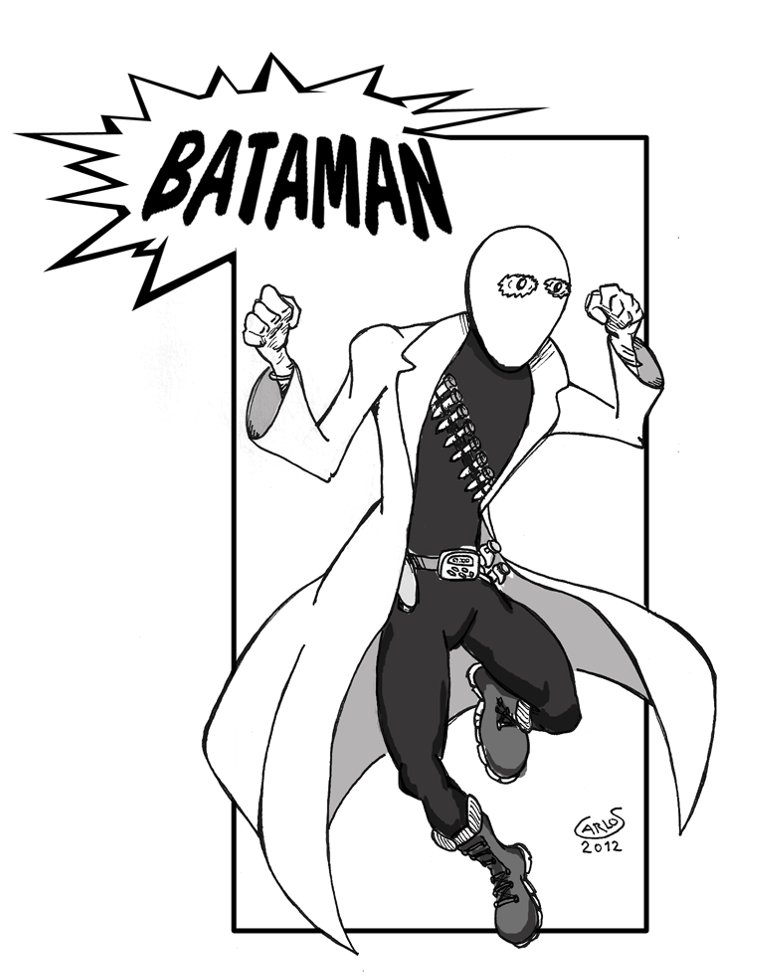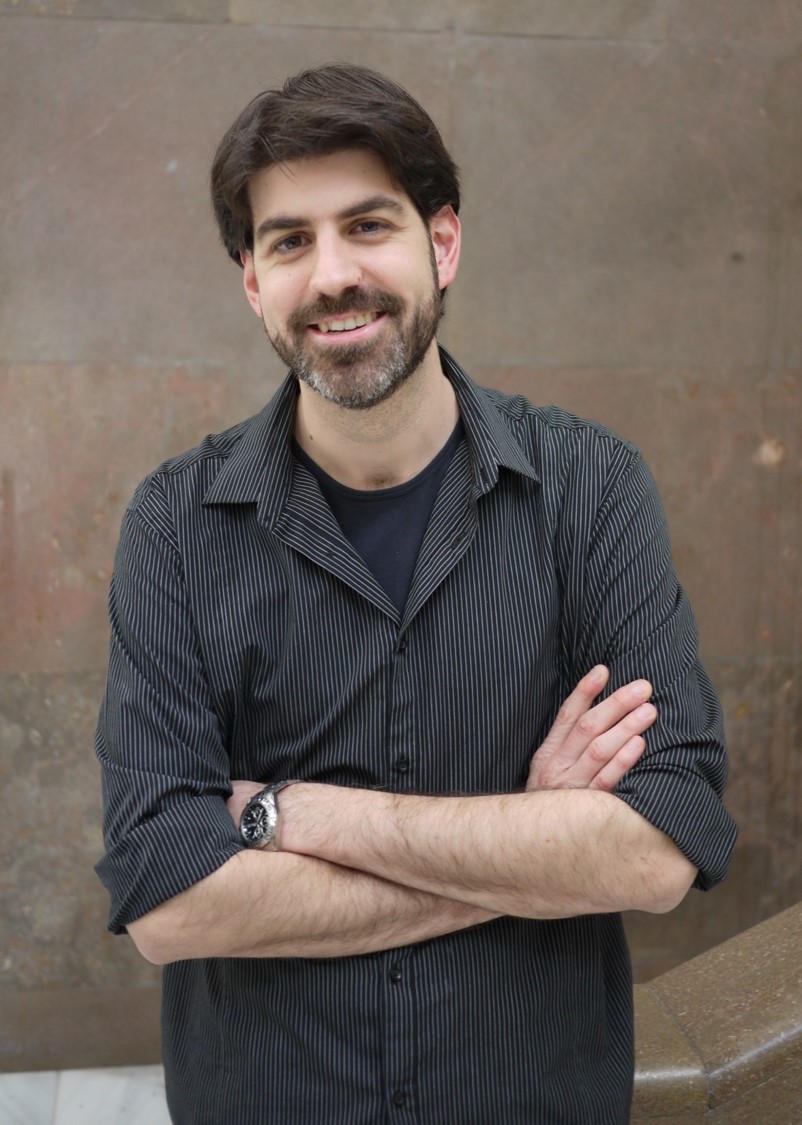Request lecture
The rare diseases, also known as minority or orphan diseases, are doubly terrible: on the one hand, most of them are genetic defects impossible to heal, on the other hand, these illnesses affect a low number of people, which makes their diagnosis, treatments and research very difficult, not to mention the invisibility that the collective of patients suffers regarding institutions and pharmaceutical companies.
However, some researchers in the field of the biomedicine devote their work to discover the biological mechanisms that characterise them, providing cellular and molecular hints that enrich our vision of the human physiology and its functioning. But, what can motivate someone to devote themselves to investigate rare diseases? Maybe the new techniques of genetic engineering are making some nerds to want to become superheroes of molecular biology? Are these researchers rarer than the average of scientists? Or is it that scientists are not as rare as we think?
|
|
|
Brief CV
Carlos Romá Mateo (València, 1980) is a biochemist and has a PhD in Molecular and Genetic Biology. The topic of his PhD thesis (2004-2009, Príncipe Felipe Research Center and Faculty of Life Sciences, University of Manchester) was the study of families of proteins which take part in the cellular signalling with a cancer’s context, to study the Lafora disease, a rare type of epilepsy with fatal consequences (2009-2013, Biomedicine Institute of Valencia-CSIC). From there, his research career deepened in the area of rare diseases, from the perspective of the oxidative stress and the epigenetic alterations. In 2005 he began a teaching career, first in the European University of Valencia and then in the Faculty of Medicine and Odontology of the University of Valencia as a professor and a researcher since 2017. He is part of the research group of the Pathophysiology Laboratory of Minority Diseases.
In his spare time, he has undertaken a lot of informative activities, writing his own blog, writing in other web pages, given conferences and monologues and participating in all kinds of events of scientific information. He is an editor in Principia, collaborator in Mapping Ignorance and co-creator and scriptwriter of the bioscience-fiction comic The OOBIK proteotype, along with the illustrator Gerardo Sanz, besides being the author of the books La epigenética, Collection "¿Qué sabemos de?" (Publisher: CSIC and Catarata) and La epigenética: cómo el entorno modifica nuestros genes, Raúl Delgado-Morales and Carlos Romá Mateo, National Geographic Science Challenges Collection "Desafíos de la ciencia National Geographic" (RBA editores).
More information
- Reseacher profile
- Principia
- Hablando de Ciencia
- Mapping Ignorance
- The OOBIK
- El cómic como herramienta docente
- The University of Valencia and INCLIVA investigate advanced therapies for Dravet Syndrome, a rare childhood epilepsy
Social networks
- @DrLitos
- @medicina_uv
- @CdCienciaUV
- @MednightGTS
- Facebook: Batablanca Investigador Celular
Request lecture
![]()
Stimulating scientific vocations is a project of the Scientific Culture and Innovation Unit of the University of Valencia, which has co-funding from the Spanish Foundation for Science and Technology and the Ministry of Science and Innovation.











